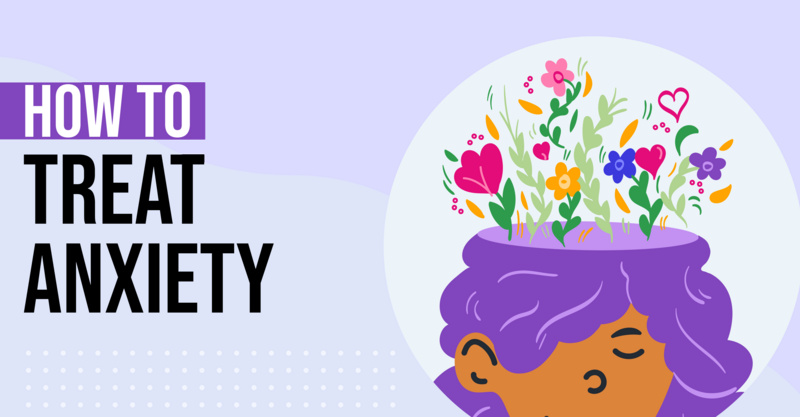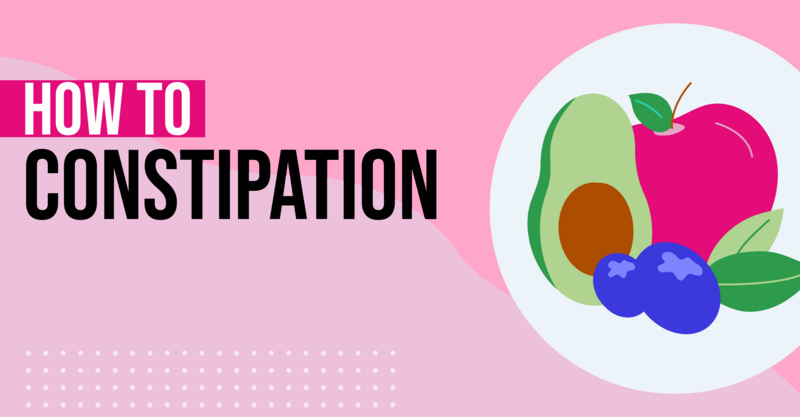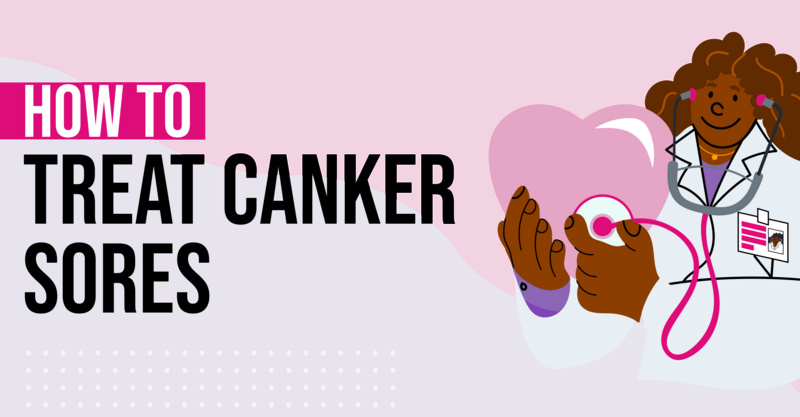Key Points
- The article discusses self-care tips to manage a common cold, emphasizing the importance of rest, hydration, maintaining humidity, eating nutritious food, reducing stress, and consulting a doctor if symptoms persist.
- Rest is crucial as the body's immune system is most effective at fighting off illnesses during sleep. Hydration is also vital as the body uses more water than usual to fight off illness.
- Keeping the air moist and eating nutrient-rich food can help the body combat the cold. A humidifier can prevent discomfort from dry skin and nasal passages, while a diet rich in vitamins can strengthen the immune system.
- Stress can worsen a cold by straining vital body systems. Avoiding stress and creating a relaxing environment can help the body fight the cold more effectively.
- If a cold persists for longer than usual or if there's a history of complications like sinus or ear infections, it's recommended to consult a doctor.
Perhaps the most annoying thing about the common cold is right there in its name: it's common. Once, twice, or even more often each year, you can count on one of the 200 viruses associated with the common cold to strike. While it's a good idea to practice prevention, like washing your hands frequently and maintaining a nutritious diet, there are also some ways you can stop a cold from becoming unmanageable when prevention fails. If you feel like a bout of the sniffles are on their way, try some of these self-care tips.
1. Rest
A cold's worst enemy is a strong immune system and your body is never better at fighting invaders than when you're asleep. At the first signs of a cold, get to bed and let your body rest as long as it wants. For extra-restful nights, try sleeping with your head slightly elevated to combat nasal congestion.
2. Hydration
Water is the building block of life. Every vital system in your body needs water to function properly and you'll be using up more water than normal as your body fights illness. Make a glass of water or a cup of tea a constant fixture when you feel a cold coming on.
3. Humidity
Along with the staying hydrated, you'll also want to make sure the air around you while you're sick isn't too dry. Sneezing, blowing your nose, and sweating will be a part of your healing experience, so as your body dries out you may have discomfort on your skin and in your nasal passages. A humidifier will combat those problems passively.
4. Nutritious Food
That old saying, "Starve a fever, feed a cold" has plenty of truth to it. When a cold has invaded your body, the last thing it wants is to face a strong, vitamin-rich immune system. If you're feeling sick, eat hearty, nutritious meals that will give your body the fuel it needs to fight the invasion. This is especially true of energy-bolstering nutrients like Vitamin C, common in citrus and many other kinds of produce.
5. Reduce Stress
Stress and anxiety can exacerbate a cold by putting additional strain on your blood pressure, heart rate, and other vital systems. A little cold can grow into a real knock-out if you succumb to stress while your immune system is on high alert. Avoid stressful environments and do whatever you need to do to relax so your body can fight in optimal conditions.
6. See a Doctor
The common cold only lives in an otherwise healthy body for a few days, but it can weaken your immune system and open you up to additional complications like sinus infections, ear infections, and bronchitis. If you have a history of problems like these or if your cold persists for a longer time than normal, you'll want to consult with a physician to prevent or treat infections that tagged along with your cold.
As frustratingly as colds are, a little extra self-care will make sure you get back into fighting shape when the sniffles come around. The key is to give your body the best conditions possible for the ensuing battle.
Frequently asked questions
What are some ways to prevent the common cold?
Some ways to prevent the common cold include washing your hands frequently and maintaining a nutritious diet.What should I do at the first signs of a cold?
At the first signs of a cold, it's recommended to get plenty of rest. Sleeping with your head slightly elevated can also help combat nasal congestion.How important is hydration when dealing with a cold?
Hydration is very important when dealing with a cold. Your body needs water to function properly and you'll be using up more water than normal as your body fights off the illness.Why is humidity important when I have a cold?
Humidity is important because it can help alleviate discomfort on your skin and in your nasal passages that may occur as your body dries out from sneezing, blowing your nose, and sweating.What type of food should I eat when I have a cold?
When you have a cold, it's important to eat hearty, nutritious meals that will give your body the fuel it needs to fight the invasion. Foods rich in Vitamin C, which is common in citrus and many other kinds of produce, are particularly beneficial.How can stress affect a cold?
Stress and anxiety can exacerbate a cold by putting additional strain on your blood pressure, heart rate, and other vital systems. A cold can become more severe if you succumb to stress while your immune system is on high alert.When should I see a doctor for a cold?
You should see a doctor for a cold if you have a history of complications like sinus infections, ear infections, and bronchitis, or if your cold persists for a longer time than normal.What is the key to recovering from a cold?
The key to recovering from a cold is to give your body the best conditions possible to fight the illness. This includes getting plenty of rest, staying hydrated, maintaining a nutritious diet, reducing stress, and seeking medical attention if necessary.


 LinkedIn
LinkedIn








